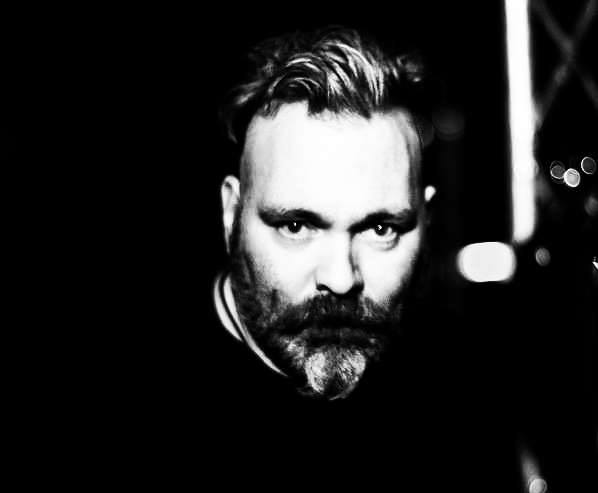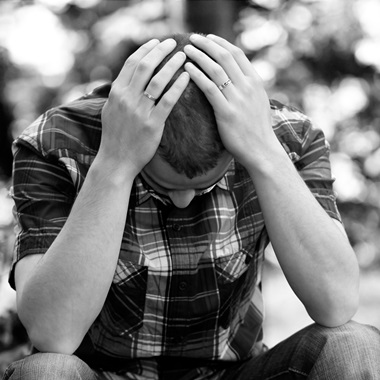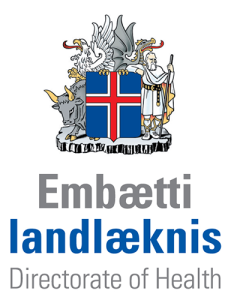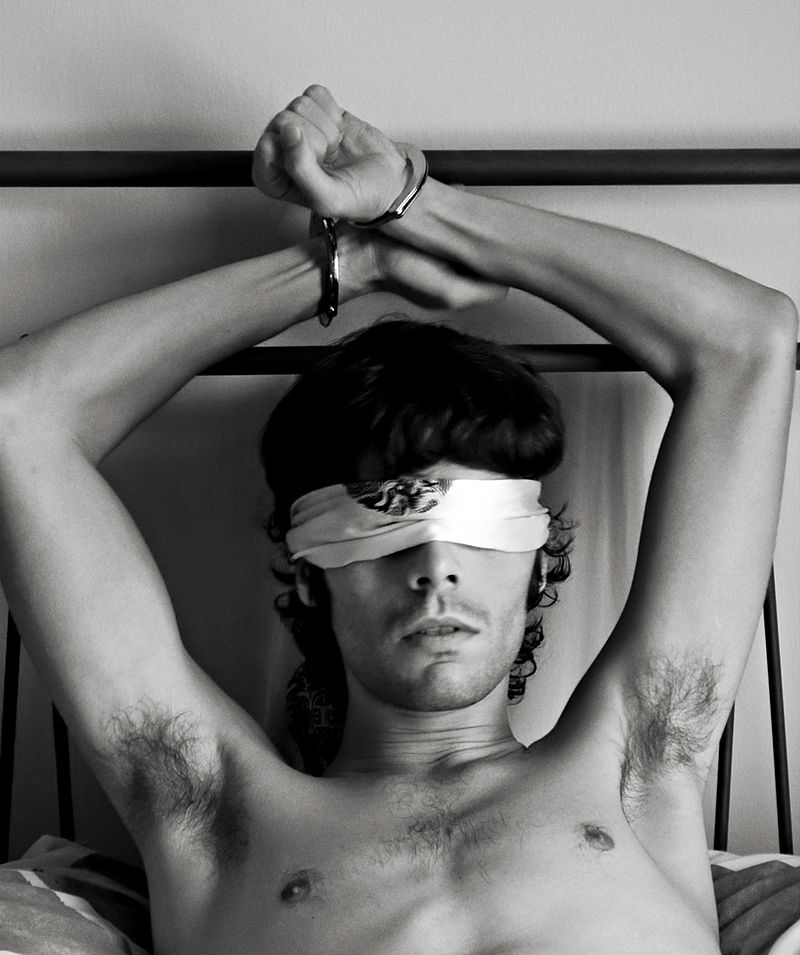Iceland is the only Nordic country that still lists BDSM as a mental illness. A clear example of thoughtlessness, says the chairman of the Icelandic BDSM association. Members want the government to acknowledge BDSM as normal sexual behaviour. Not categorize it as a sickness.
“Its not easy to realize your sexual desires are categorized by your government as a mental illness, it’s actually really difficult. Categorizing BDSM as a mental disorder only makes it harder for people to come in terms with their sexual identity,” says Magnús Hákonarson, chairman of the Icelandic BDSM association which has formally requested the Director of Health for Iceland to remove BDSM from its list of mental illnesses. BDSM in this instance referring to “Dual-role transvestism, Fetishism, Fetishistic transvestism, and sado-masochism”.

In its letter to the director, dated September 3rd, the association claims there is nothing indicating that these tendencies are in any way a sickness. But stating the opposite can have severe and negative consequences.
“As I say the fact that BDSM is categorized as a mental illness has a negative affect on a person’s sexual identity,” Magnús points out. “It’s also makes people more vulnerable to prejudice – their own and from others – and discrimination. And because of that they become afraid of living out their BDSM side, even hiding it as they’re afraid of negative effects on their lives and their job security. This can inhibit them finding a partner, building a healthy self-image and, ironically, good mental health. Because hiding in the closet can really damage your health.”
Magnús adds that the stigma surrounding such classification can even prevent BDSM people from seeking police assistance or medical support, such as going to the emergency room, if needed. And for good reasons.
“I know rape victims who’ve been discouraged by the justice system to prosecute their attackers. Just because they had in good faith allowed the perpetrator to tie them down before the assault occurred. The victims were basically told by the system that it was their own fault. It’s the same argument rape victims get when they are told that they were attacked because ‘their skirt was too short’. And when put in that context, you can see how absurd it is.”
He admits that because of the stigma the public has a rather negative image of BDSM. The problem being the connection people make with violence.
“When speaking about BDSM, people tend to stereotype, thinking of black leather, someone being spanked and bondage. People are thinking specifics. But in reality BDSM is about so much more,” he explains. “It’s about the general frame, that we are working with communication, trust, what is allowed and what is not allowed, that this is an alternative form of communication.”
He goes on to say that the BDSM group consists of very different individuals. “The only thing we have in common is that we call ourselves BDSM. For some BDSM is a sexual identity where as for others it’s only to spice up their sex. What we get out of it varies greatly but mutual respect is the key, it’s the main thing.”
“I know rape victims who’ve been discouraged by the justice system to prosecute their attackers. Just because they had in good faith allowed the perpetrator to tie them down before the assault occurred.”
But why did the Director of Health for Iceland categorize BDSM as a mental illness in the first place?
“Because of its use of the International Classification of Diseases, which is published by the World Health Organization (WHO),” Magnús explains and adds that despite of that all the other Nordic states have removed BDSM from their lists of mental disorders.

“Denmark was the first country to remove it from its list in 1994-1995. The Danes made a political decision and the other Nordic states followed, Sweden in 2009, Norway in 2010 and Finland in 2012. If we in Iceland were to do the same it would strengthen the push for changes in the WHO, removing BDSM from the list. Which could help reduce prejudice against BDSM and discrimination against BDSM people and empower their self-image.”
Asked why he thinks Iceland has not yet removed BDSM from its list of mental disorders in light of the actions of the other Nordic States, Magnús says the reasons for that are twofold.
“First of all the Icelandic BDSM association wasn’t very active in the years when the other countries had it removed from their lists. So there wasn’t power enough to push the matter through. Not untill now. Which is great, because in the last twenty years we have come to understand more on man’s sexuality. General opinion and respect for diversity has grown in Iceland. So the timing to send the Director of Health the request is good.”
You mentioned two reasons?
“Yes, the other being thoughtlessness. You see the people working with the list aren’t necessarily well-informed on queer issues, as we like to perceive BDSM, or working on human rights. It probably hasn’t even crossed their minds to look into the matter.”
As of now The Directorate of Health hasn’t replied to the association’s letter.
- The BDSM association of Iceland was founded in 1997, to provide information on BDSM and fight for the rights of people who are into BDSM. More than four hundred people have attended seminars and meetings held by the association in the last five years. The association has through the years worked closely with the National Queer Organization (Samtökin ’78) and has recently applied for membership to the NQO.
 The Directorate of Health is a government agency headed by the Director of Health for Iceland, established in 1760. The current Director of Health is Birgir Jakobsson, MD, PhD. Birgir is the 17th holder of the post. According to the Director of Health and Public Health Act, No. 41/2007 the main functions of the Directorate of Health are public health measures and health promotion. Among its functions are to advice the Minister of Welfare and other Government bodies, health professionals and the public on matters concerning health, disease prevention and health promotion. More on the Directorate of Health here.
The Directorate of Health is a government agency headed by the Director of Health for Iceland, established in 1760. The current Director of Health is Birgir Jakobsson, MD, PhD. Birgir is the 17th holder of the post. According to the Director of Health and Public Health Act, No. 41/2007 the main functions of the Directorate of Health are public health measures and health promotion. Among its functions are to advice the Minister of Welfare and other Government bodies, health professionals and the public on matters concerning health, disease prevention and health promotion. More on the Directorate of Health here.- The World Health Organization’s International Classification of Diseases (ICD-9, 1977) listed homosexuality as a mental illness. It was removed from the ICD-10, endorsed by the Forty-third World Health Assembly on May 17th 1990. Transsexualism (who many think is an outdated term that pathologizes transpeople) is still on the WHO list of mental disease.
Main photo shows a blindfolded and handcuffed man. Magnús says that people tend to stereotype BDSM in this way, thinking of bondage, black leather and such, when in fact its much more complicated. Photo by Angr.


